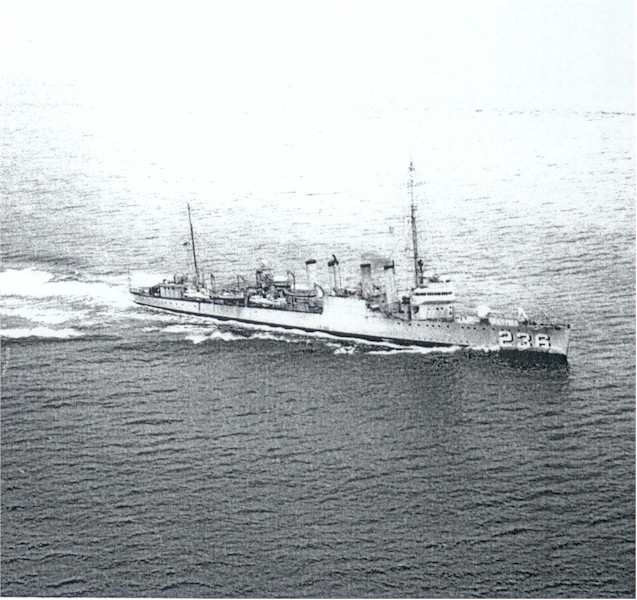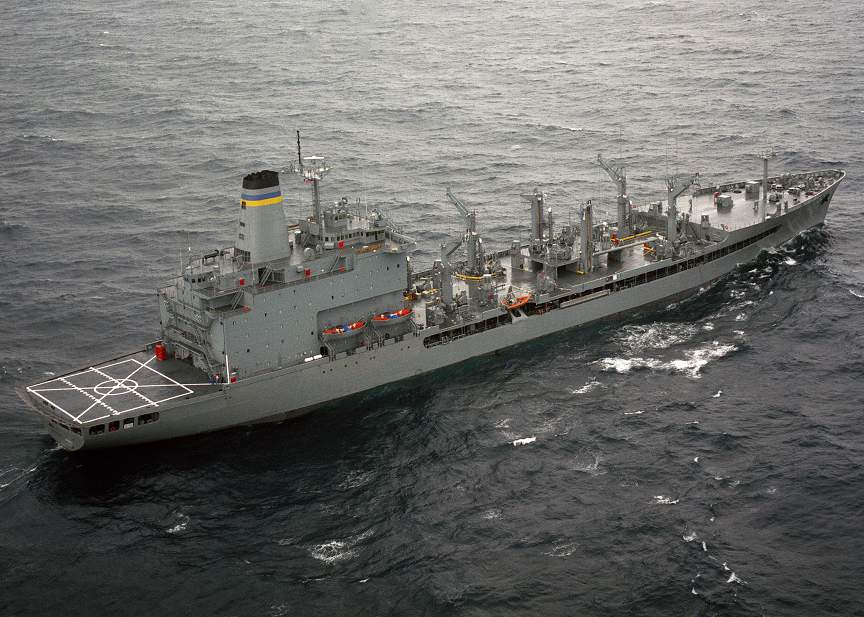Monday Maritime Matters
June 11th, 2007 by xformed
With luck perseverance, this will beget a series of weekly postings to cover issues of maritime interest.
My jumping off point will be to bring forth some history of the US Navy, specifically keying on notable people, providing background on them, and then the ships named after them.
The impetus? A wonderful book, “Six Frigates” by Ian Toll. It is the story of how our Navy came into being, and it is chock full of interesting discussions regarding the very beginnings of our Nation, The Constitution, early maritime commerce issues, and many detailed facts about the (this is a euphemism) “polite” verbal and written interactions between politicians, ship builders, and Naval Officers of the day.
Subject number 1: Joshua Humphreys. Born 6/16/1751. Native of Pennsylvania, and a shipwright. A Quaker by religious upbringing, yet did not shy away from supporting the Revolutionary War effort, as many of his religion did as a matter of doctrine.
Why is Joshua Humphreys important? He was the first “Naval Ship Constructor” for this United States. Being a trained shipwright in a busy seaport (Philadelphia), he was chosen by the Continental Congress, along with John Wharton, to design our first warships, with a plan of building 13 light frigates. These ships were poorly built and poorly outfitted. The ignoble end to that phase of building our fledgling Navy amount to seven of the frigates being captured by the British, and four more being destroyed to avoid capture.
Over the next several years, after the war ended, the debates raged as to whether we even needed a Navy, and if so, what would it be used for. The discussions between the Founding Fathers became rather acrimonious at times, proving today’s politics might just be “normal” by historical standards. In the meantime, American mechantmen roamed the oceans of the world, having a neutral status in the conflict between the British and the French, and making a lot of money along the way.
Much more is covered in this period, before we set out to put a Navy to sea, which make for fascinating reading about international diplomacy and economics, but that’s for another realm.
When the United States of America, in 1794, the straw that broke the discussion’s back, as it was, was what to do about the Barbary Pirates, who continued to capture our merchant vessels in the Mediterranean, and enslaving their crews. President John Adams had had enough,as did Congress. On Mach 10th, 1794, the House passed, by a margin of 50-39, an “Act to Provide a Naval Armament.” The authorization was to build six frigates, four rated at 44 guns and two at 36. The authorization further stipulated that the purpose of the ships was to police the Mediterranean against piracy and, in the event a truce was reached with the Dey of Algeria, the building program would come to a stop. Contrast that with the mood of today.
Secretary of War, Henry Knox was tasked to implement the ship building program. He turned to Joshua Humphreys. Joshua had become a master shipwright and owner of a shipyard at the age of 20, when John Wharton died He now had many years of experience, including the conversion of merchant vessels as warships.
Joshua Humphreys was the visionary that conceived, pitched and built the new frigates, smaller and faster than British “Ships-of-the Line,” yet larger and more powerful that European frigates. Tough enough to stand up for a fight, yet fast enough to make more sail and run away to return when conditions were better. Not only would these vessels handle the light, lesser armed ships of the pirates, they would be suited for defending the commerce and Nation against the established navies of the world.
The work did not flow easily to design or build the ships. Toll discusses the personality conflicts between Humphreys and Josiah Fox later in the process. Secretary Knox, not a sailor by profession, was involved.
The “Six Frigates:”
| Frigate | Guns | Shipyard | Captain | Constructor |
| UNITED STATES | 44 | Philadelphia, PA | John Barry | Joshua Humphreys |
| CONSTELLATION | 36 | Baltimore, MD | Thomas Truxton | |
| CONSTITUTION | 44 | Boston, MA | Edmund Hartt | |
| PRESIDENT | 44 | Brooklyn, NY | Thomas Truxton | Christian Bergh |
| CONGRESS | 38 | Portsmouth, NH | James Sever | James Hackett |
| CHESAPEAKE | 44 | Norfolk | James Barron | Joshia Fox |


Category: Maritime Matters, Military, Military History, Navy | 7 Comments »

